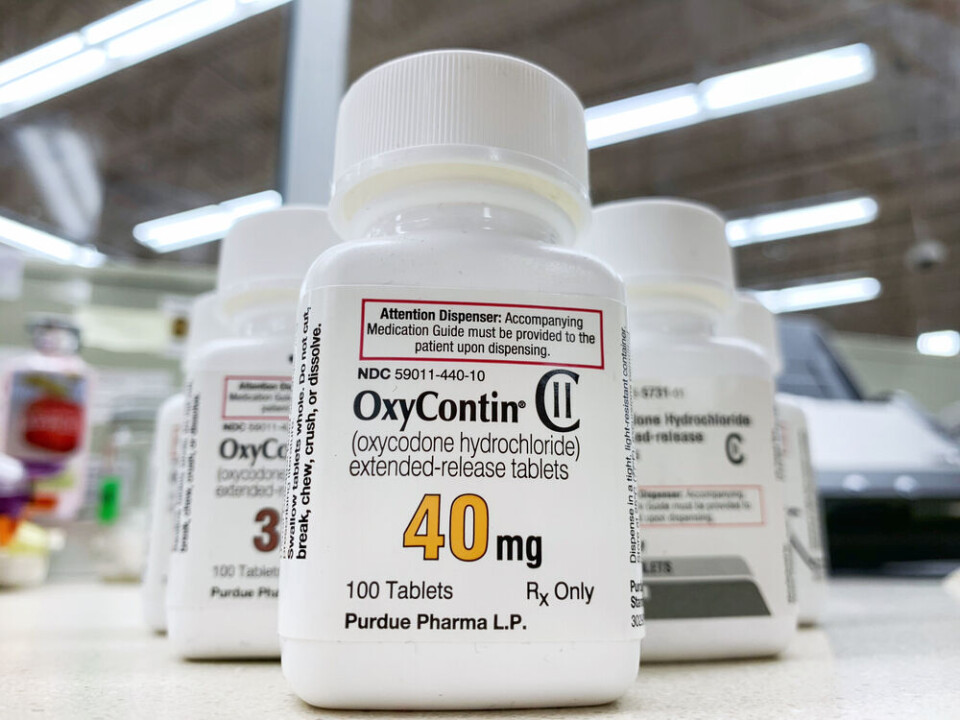-
Sex on work trip classified as workplace accident under French labour law
Classification requires employers inform the inspection du travail of the event within the 12 hours of an incident
-
Homeowners in France warned of solar panel scam danger
Unscrupulous sellers target homeowners who are keen to install solar panels, says consumer rights group
-
Scam calls in France more than double in a year
Complaints about unsolicited calls are second only to those about fibre optic internet
French marketing firm to pay out €324m over role in US opioid crisis
The settlement is the first for a marketing company linked to the crisis, which has killed hundreds of thousands of people

French advertising giant Publicis is to pay US$350 million (€324 million) for its role in the opioid crisis in the United States.
The money from Publicis Health, the health branch of Publicis, will be distributed nationwide across the US. The state of California will receive the most, at US$19.2 million (€17.8 million).
Around $7 million of the total $350 million sum will go on legal fees.
The New York Attorney General Letitia James stated in a press release: “For a decade Publicis helped opioid manufacturers like Purdue Pharma convince doctors to overprescribe opioids, directly fueling the opioid crisis and causing the devastation of communities nationwide.”
Publicis Health helped create marketing material for drugs including OxyContin and other opioids, including pamphlets and brochures that said the analgesic was “safe and unable to be abused”. In fact opioids, which were widely prescribed for pain management in the US, are highly addictive.
Ms James said that it had used other “aggressive” marketing efforts, including working with the consulting firm McKinsey to set up marketing calls with doctors who prescribed the most OxyContin. The settlement with Publicis is the first with an advertising company in relation to the crisis, she said.
Figures from the US Centers for Disease Control and Prevention show that from 1999-2021, nearly 645,000 people died from an overdose involving an opioid, including prescription and illicit opioids.
Publicis response
In a statement, Publicis said that the settlement “is in no way an admission of wrongdoing or liability”.
It said that its work on opioids had originated with a digital marketing company Rosetta, which Publicis had acquired in 2011. Rosetta is now defunct. It also added that all of its tools and language about OxyContin had been “expressly” approved by US officials at the time.
Yet, it also conceded: “We recognize [sic] the broader context in which that lawful work took place. The fight against the opioid crisis in the United States requires collaboration.
“We are committed to playing our part. That is why we worked to reach this agreement, and why we are also reaffirming our long-standing decision to turn down any future opioid-related projects.”
Related articles
‘Medicines to avoid in 2023’ list published by French medical review
French firm's needle-free injections win US government contract
























